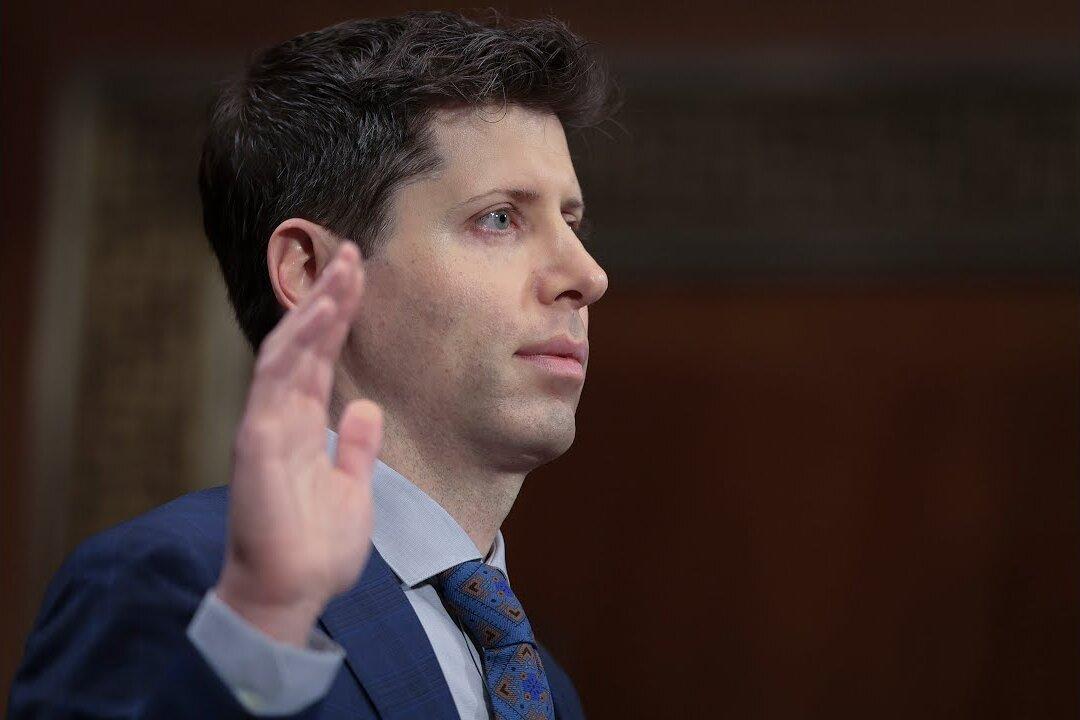Sam Altman, the chief executive of OpenAI, claims there is no intent to take the organization public as he wants to maintain complete control in order to be able to take “strange” decisions when necessary.
“When we develop superintelligence, we’re likely to make some decisions that public market investors would view very strangely,” Altman said during an event in Abu Dhabi on Tuesday, according to Bloomberg. “And I think the chance that we have to make a very strange decision someday is non-trivial.” When asked about having no equity in the company, Altman said that he likes to remain “non-conflicted.”





